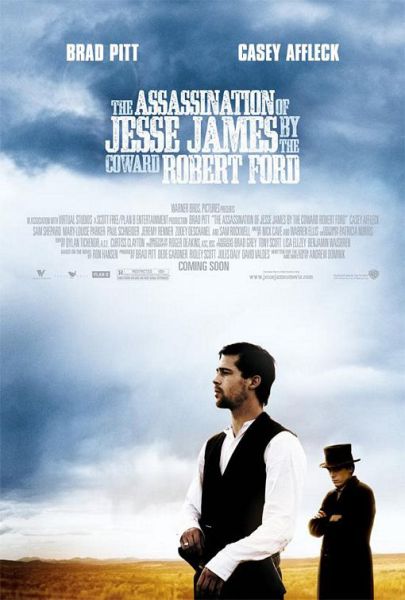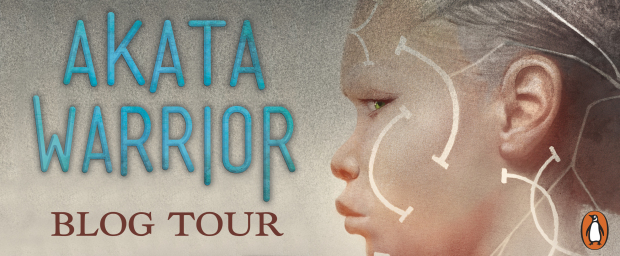
The Assassination of Jesse James by the Coward Robert Ford
Dir. Andrew Dominik
Premiered at Venice September 2, 2007
Nations have a weird habit of romanticizing the savage past, even when there are people around who still remember the truth. There is perhaps no better example of this than Jesse James (Brad Pitt), a late-19th century outlaw/terrorist who was feared and hated right until he died.
The Assassination of Jesse James follows the story of Robert Ford (Casey Affleck), an ardent, near obsessive fan of Jesse who joins the James gang with his brother (Sam Rockwell), only for the eldest of the group (Sam Shepard) to declare that it’s time to give up the life of an outlaw. As the gang disintegrates, Jesse’s increasing outbursts and loosening grip on reality becomes too much even for Ford, who takes refuge as an inside man for the state of Missouri and kills James in cold blood.
At first, Ford is a hero, and spends the next year recreating the assassination on the Broadway stage. However, as the terror of of the James gang fades into memory, public opinion gradually and mysteriously turns Jesse into a folk icon, and Ford into a wanton murderer. Finding himself in constant danger from the drunken mob, Ford retreats from public life.
The Assassination of Jesse James thus highlights a crucial and overlooked element of life: that death is part of what defines us as individuals, and that it is something over which we have the least control. James is endlessly self-mythologizing. Much like another cinematic “outlaw” from a 2007 film, the Zodiac killer, James can only speak of himself through the filter of popular media, and indulges Ford’s borderline-infatuation to the point of self-destruction. It is only fitting then that, Caesar like, his untimely and violent death makes him immortal.
In a year full of incredible cinema, and one chock full of westerns, The Assassination of Jesse James by the Coward Robert Ford is nevertheless a highlight. The cinematography and locations bring new life into the past, while simultaneously making it feel ancient, crusted like a ghost town. The pacing is similarly mythic. You can feel the slowness, yet welcome it as you might in a Werner Herzog film.
How Did It Do?
The Assassination of Jesse James by the Coward Robert Ford flopped, grossing $15 million against a $30 million budget; just $3.9 million from the US at that. In fairness, the film did receive two much-deserved Oscar Nominations, Best Cinematography for Roger Deakins and Best Supporting Actor for Casey Affleck (though he was really the lead), but it nevertheless falls very much into the Zodiac/Sunshine category of movies that are praised as classics by nearly everyone who’s seen them since but were completely lost in the shuffle when they came out– such is the danger when a new classic gets released every couple weeks. To whit, it got a respectable but unexceptional 76% fresh rating on RottenTomatoes– negative reviews condemning it as a slow, pretentious vanity project for Pitt– but to this day, people absolutely love to write about it with a level of significance that nobody in 2007 could have imagined. To me, a film’s quality is measurable not just by its surface merits, but its ability to stick in the mind long after having seen it, and there are few clearer examples than this.
Next Time: The Darjeeling Limited
Advertisements Share this:




